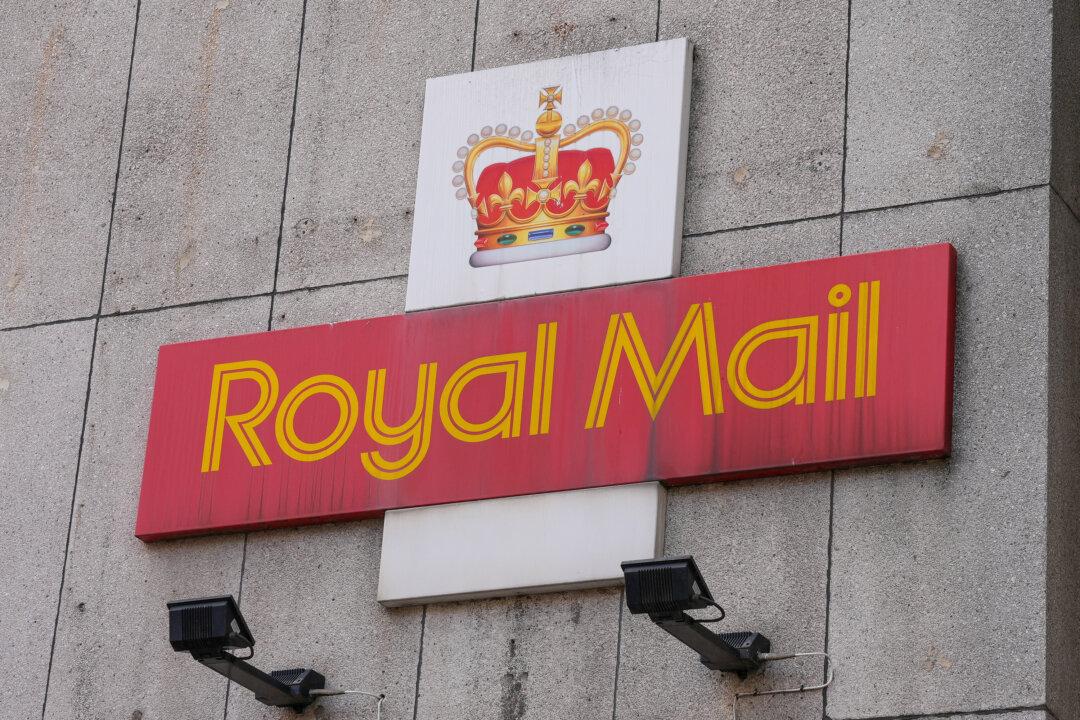Union members at Royal Mail will launch a 48-hour strike on Friday in an escalating dispute over pay.
According to the Communication Workers Union (CWU), the walkout by around 115,000 of its members will be the biggest strike in the UK this year.

Union members at Royal Mail will launch a 48-hour strike on Friday in an escalating dispute over pay.
According to the Communication Workers Union (CWU), the walkout by around 115,000 of its members will be the biggest strike in the UK this year.